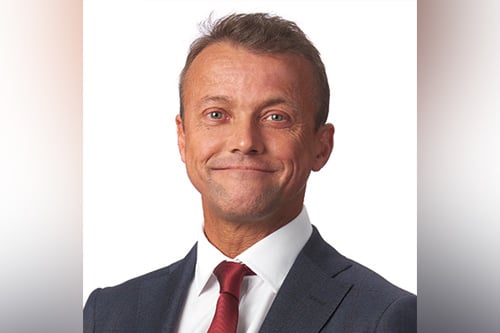

November 03 will see the US public vote to determine who will be their country’s next president. Whether it’s the incumbent Republican president Donald Trump or the Democratic challenger Joe Biden, the winner will be leading a country that has experienced tumultuous times recently due, in no small part, to COVID-19.
According to Kyle Williams, head of political risk and structure credit – Pacific at Marsh, the widespread effects of the ongoing pandemic have resulted in a much higher level of political risk for many industries, including insurance.
“Politically, economically and socially speaking, it’s been an incredibly challenging year so far,” he told Insurance Business, highlighting that every single one of the 197 countries that Marsh reviews as part of its World Risk Review has experienced increased risk since COVID-19 hit.
For Williams, the coronavirus has exacerbated certain political and economic trends that have made it more difficult for certain international organisations to operate smoothly.
Read more: What is political risk insurance?
“It’s really brought about an increased tendency towards protectionism in many countries impacting trade and foreign direct investment. Political populism is being expressed in a number of ways including trade barriers, and resource nationalism in a material reversal of a long trend toward globalisation,” he said. “This, of course, has the potential to have a second-order effect on such things as international political alliances, and so it’s understandable that global capital markets are taking a very cautious approach at the moment.”
Though the extent to which a company is affected by these kinds of political decisions is dependent on what kind of business they are in, Williams affirms that the cost of risk is now elevated. “The insurance market is expecting large losses in certain areas as a result of COVID-19, and so in terms of political risk, there may be concentrated losses around such events as political violence, property damage resulting from civil commotions, and so forth,” he noted.
“At Marsh, our focus is on helping our clients partner up with risk capital that’s better able to absorb this kind of volatility that we’re seeing, better able to absorb potential losses so that they can recover more quickly,” Williams added.
Though COVID-19 has brought about a global health crisis that remains unsolved, Williams provides a timely reminder that it’s important for insurers to see the forest for the trees and recognise “the growth opportunities that may present themselves in the backend.”
“Insurers have always taken a long view with clients working in international spaces, since it’s part and parcel of the landscape that you’re going to see things such as political volatility and price swings,” he said.
“With the public money that’s being directed across the world into the recovery from COVID-19, there’s a massive opportunity for private capital to partner up and mobilise investment capital funded by either debt or equity.”
